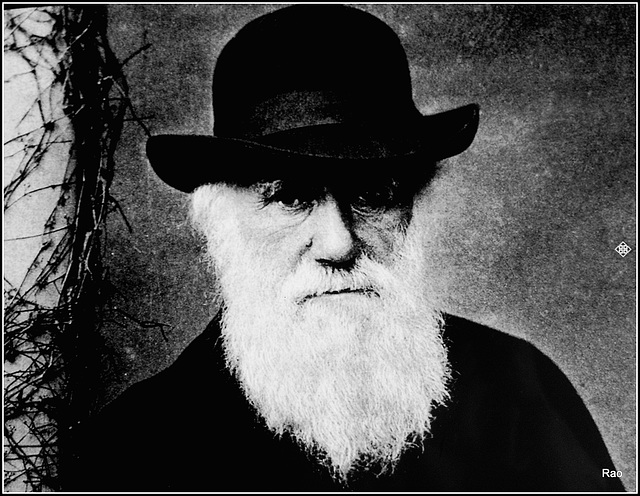æonic
Firewood
stalactite/stalagmite
stalactite/stalagmite
First snow
Detroit skyline
Detroit skyline
Windsor Tunnel to Canada
Dragon fly
Home grown Tomato & Brinjal
Wheels
My shoes
I smile..
Konzentration
A Bench with a view
SOLITUDE
Honey Bee
Ponds
Untitled
M 43 East
Life is a song
Looking up....still....
Clouds below your knees
Old & New
Think...Your...Future
Night
Old Mackinac Point Light
Autumn day
Bus stop ~ Underneath my umbrella
Singing Sprrow / Happy Bird Life
Blue Jay
Red winged Black bird
Barn house
January 20th 2007
May 18th 2008
Feeling the Fall
See also...
Keywords
Authorizations, license
-
Visible by: Everyone -
All rights reserved
- Photo replaced on 04 Aug 2020
-
43 visits
Darwin


- Keyboard shortcuts:
Jump to top
RSS feed- Latest comments - Subscribe to the comment feeds of this photo
- ipernity © 2007-2024
- Help & Contact
|
Club news
|
About ipernity
|
History |
ipernity Club & Prices |
Guide of good conduct
Donate | Group guidelines | Privacy policy | Terms of use | Statutes | In memoria -
Facebook
Twitter

Darwin argued that the three-step process of natural selection [Natural selection is a simple mechanism that causes populations of living things to change over time. In fact, it is so simple that it can be broken down into five basic steps, abbreviated here as VISTA: Variation, Inheritance, Selection, Time and Adaptation.] operating on generations of individuals and their traits, also operate on lineages of groups of people. Groups have traits -- norms, institutions, practices, cultures -- which are transmitted from generation to generation, and so are heritable. And these traits differ in their fitness -- that is, in differing environments some are adaptations and other are maladaptations -- for the groups that bear them. Different fitness of inherited traits is all one needs for natural selection. Groups with cooperative members will be selected for. Why? When these groups competed with mega fauna and with one another territory or prey, the winning group would have to be the ones whose members worked together, cooperated with one another to fight off predators, kill prey, and eventually kill off other groups of people. //Individuals altruists may be selected against -- heroes who throw themselves on grenades leave no offspring. But groups without people ready to sacrifice their interests for one another at least some of the time will lose out in the struggle for group survival. In the long run of competition between groups, those groups composed of people nice to one another would have been selected for. After long enough the only groups left would be those composed of the people nice to each other. Whence, according to Darwin, cooperation, indeed altruism must triumpyh as fitness enhancing for groups, despite its immediate fitness costs for theindividual members of groups. ` Page 210/211